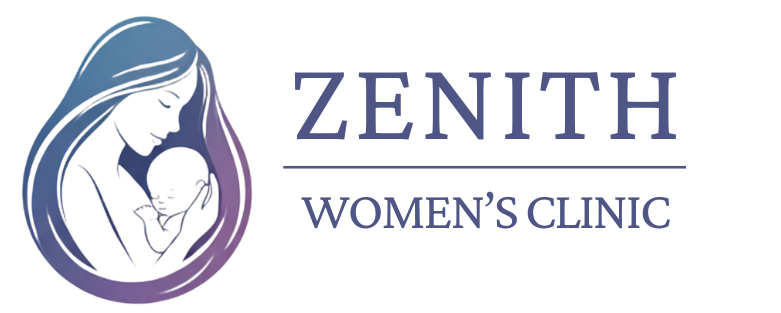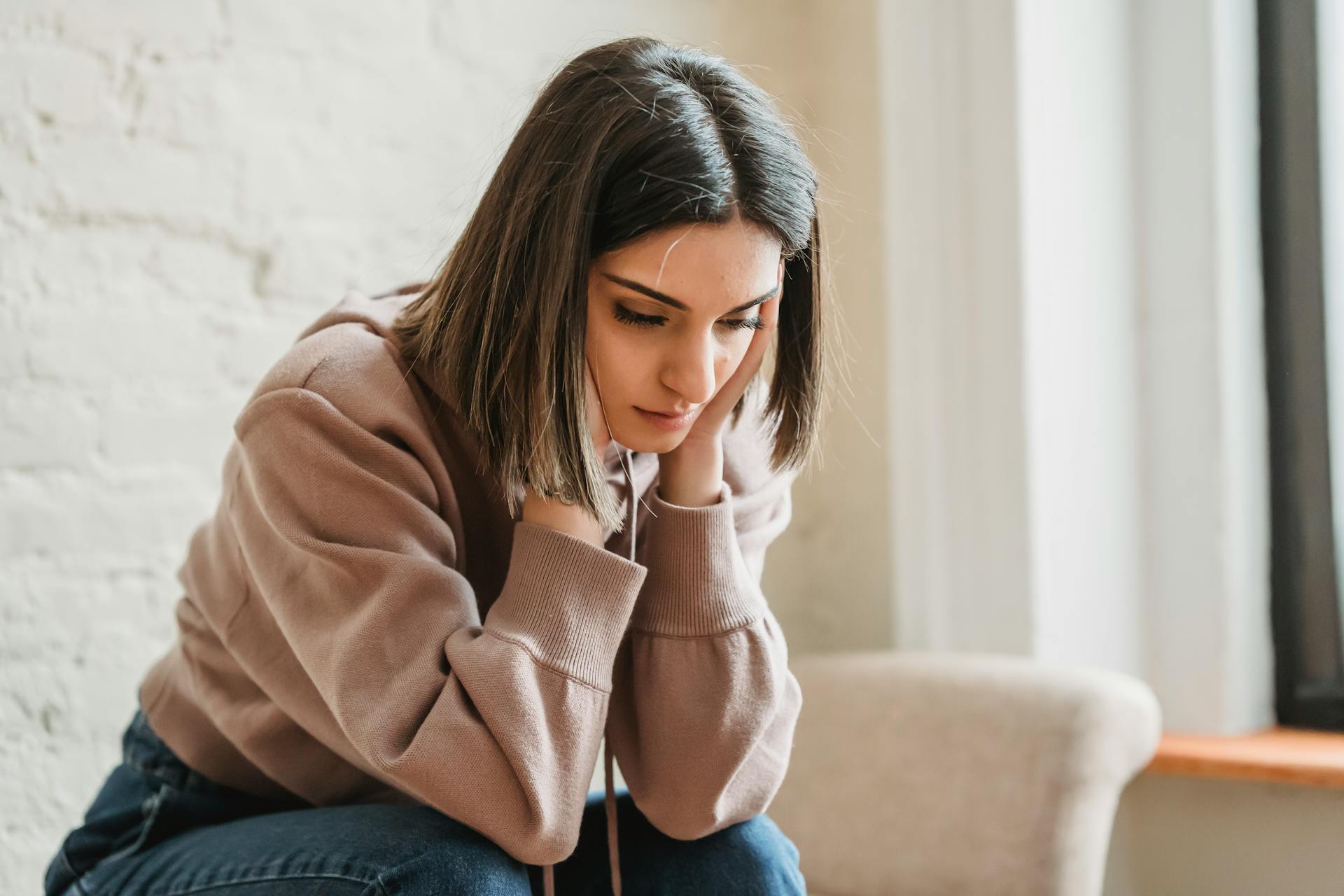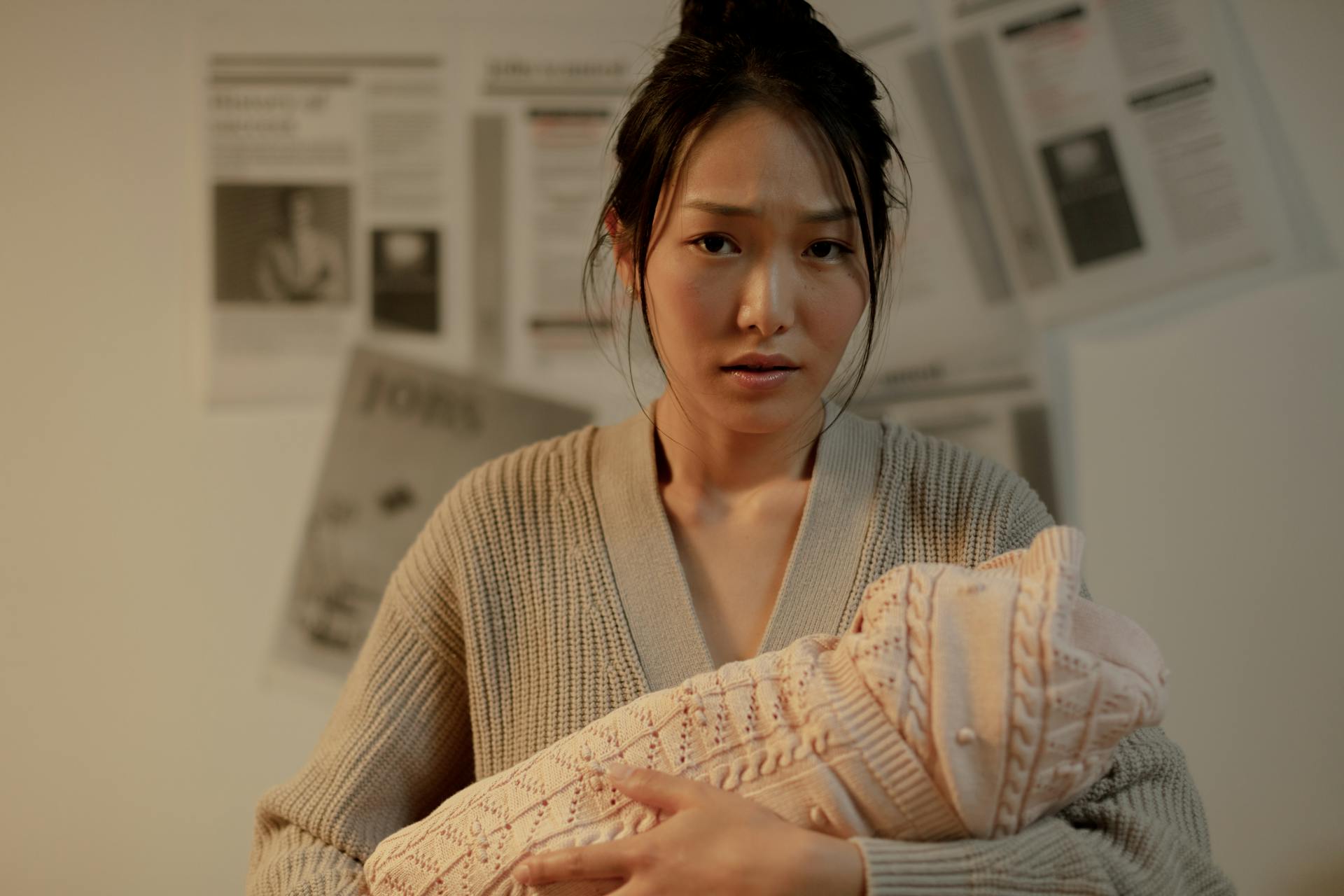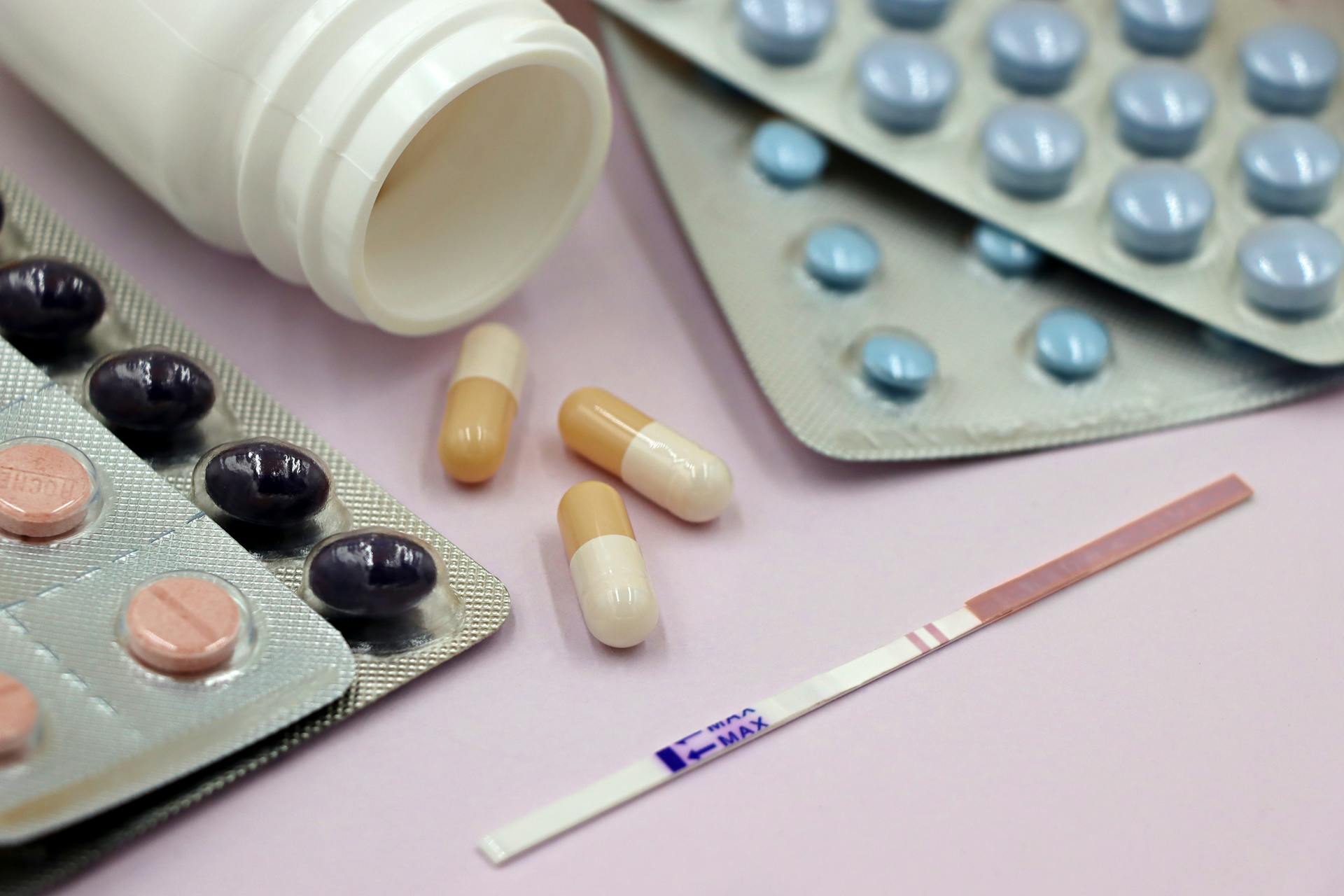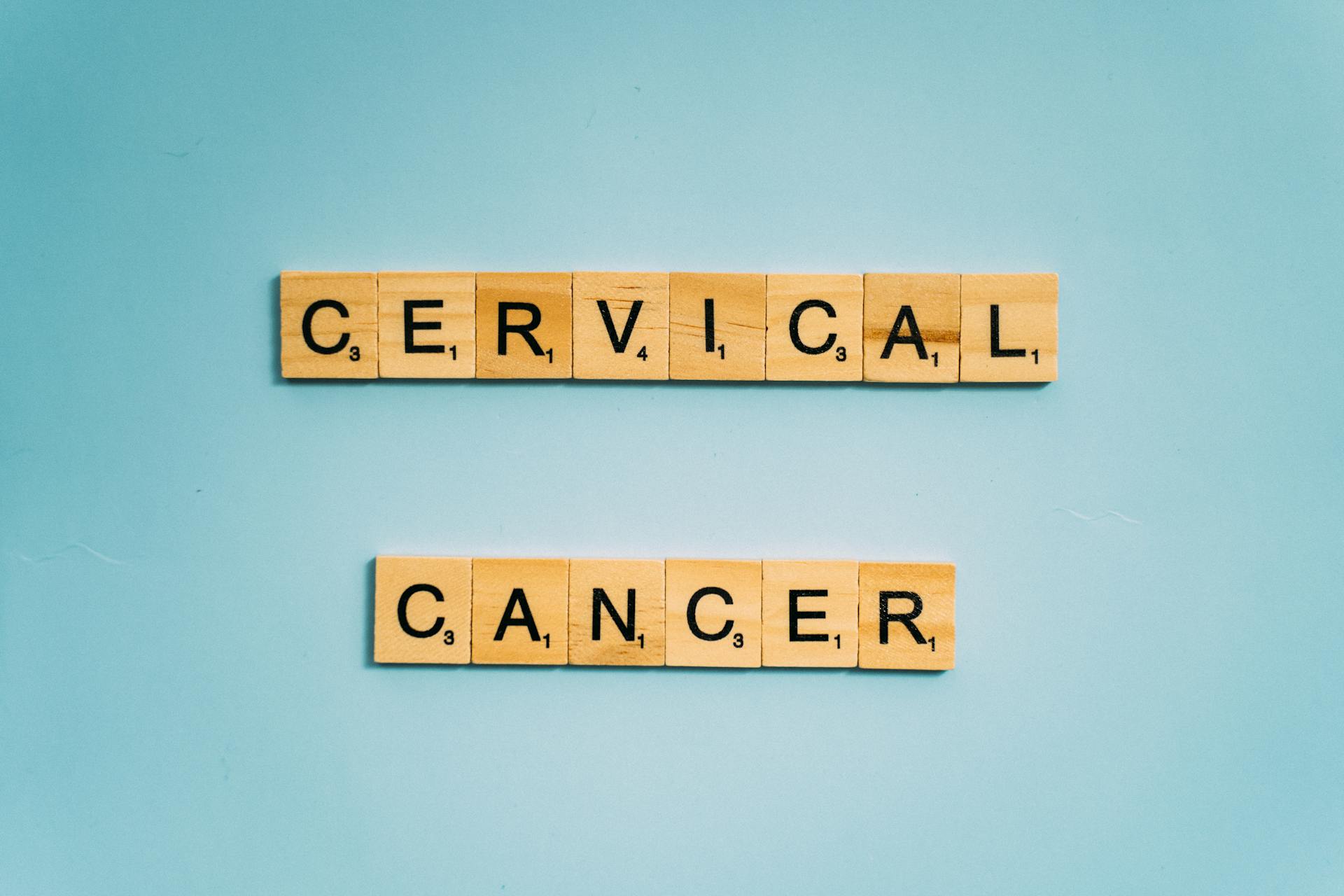What is a Urinary Tract Infection (UTI)? A urinary tract infection (UTI) is a common bacterial infection affecting any part of the urinary system, including the kidneys, bladder, ureters, and urethra. While UTIs can affect both men and women, women are at a higher risk due to their anatomy. If left untreated, a UTI can lead to severe complications, including kidney infections. For women in Noida, Greater Noida West, Gaur City 2, Indirapuram, Vaishali, or Ghaziabad, expert gynecological care is available at Dr. Disha Ghoniya’s Zenith Women’s Clinic. What are the causes of UTI? UTIs occur when bacteria, typically Escherichia coli (E. coli), enter the urinary tract. Common causes include: Poor Hygiene – Not wiping from front to back after urination or bowel movements. Sexual Activity – Can introduce bacteria into the urethra. Holding Urine for Too Long – Increases bacterial growth in the bladder. Dehydration – Reduces urine flow, allowing bacteria to multiply. Hormonal Changes – Pregnancy and menopause can increase susceptibility. Medical Conditions – Diabetes, kidney stones, and catheter use elevate risk. What are the Symptoms of a UTI? 🚨 Watch for these common symptoms: ✔ Frequent Urge to Urinate – Even when little urine is passed.✔ Burning Sensation While Urinating – A classic UTI symptom.✔ Cloudy or Foul-Smelling Urine – Signs of bacterial infection.✔ Lower Abdominal Pain or Pressure – Discomfort in the pelvic region.✔ Fever, Chills, or Nausea – Can indicate a more serious kidney infection.✔ Blood in Urine – Urine may appear pink or red. Diagnosis & Treatment of UTI UTI can be diagnosed through urine tests and, in recurrent cases, imaging tests or a cystoscopy. Treatment typically includes: ✔ Antibiotics – The primary treatment for bacterial UTIs. Completing the full course is essential.✔ Pain Relievers – To ease discomfort during urination.✔ Increased Fluid Intake – Helps flush out bacteria.✔ Probiotics & Cranberry Supplements – May help prevent future infections. How can you prevent UTIs? Taking care of yourself is essential to avoid Urinary Tract infections. Here’s how: Avoid Harsh Feminine Products Scented soaps can disrupt natural bacteria Urinate After Intercourse Helps flush bacteria from the urethra. Practice Good Hygiene Always wipe from front to back. Don’t Hold Urine for Long Periods Empty your bladder regularly. Stay Hydrated throughout the day Drink at least 8 glasses of water daily Wear Cotton Underwear Allows breathability and reduces moisture buildup. When Should You consult Dr Disha Ghoniya for UTI? 🚨 Consult Dr. Disha Ghoniya at Zenith women’s clinic if: 🔴 If symptoms persist for more than 2 days.🔴 If you experience high fever, back pain, or nausea (signs of kidney infection).🔴 If UTIs are recurring (more than 3 per year). For expert UTI diagnosis and treatment, visit Dr. Disha Ghoniya at Zenith Women’s Clinic in Gaur City, Noida, Greater Noida West, Gaur City 2, Indirapuram, Vaishali, or Ghaziabad. . 👉 Book a consultation with Dr. Disha Ghoniya today.📞 Call Now: +91 7303500650 Call Now Disclaimer: This article is for informational purposes only and does not replace professional medical advice. If you suspect a UTI or have symptoms, consult Dr. Disha Ghoniya at Zenith Women’s Clinic.
Postpartum Recovery: What No One Tells You
Postpartum Recovery Challenges: Common Issues & How to Overcome Them Giving birth is a life-changing experience, but the postpartum recovery can be physically and emotionally challenging. While most of the attention is on the baby, new mothers often experience unexpected changes that can impact their recovery. Women in Greater Noida West, Gaur City 2, Noida, Indirapuram, Vaishali, and Ghaziabad seeking expert postpartum care can visit Dr. Disha Ghoniya at Zenith Women’s Clinic for personalized support and recovery guidance Changes during postpartum recovery Physical Changes After Childbirth Your body undergoes significant changes after delivery. Here’s what to expect: Vaginal Bleeding (Lochia) Lasts ~4-6 weeks, similar to a heavy period. Starts bright red, then becomes lighter over time. Use maternity pads instead of tampons to prevent infections. Perineal Pain (After Vaginal Delivery) If you had an episiotomy or stitches, healing takes a few weeks. Pain relief: Apply cold packs, take a bath, and use prescribed pain relievers. C-Section Recovery Incision pain and limited mobility for 4-6 weeks. Avoid heavy lifting and follow your doctor’s wound care instructions. Watch for signs of infection like redness, swelling, or pus. Breast Engorgement & Discomfort Breasts feel swollen, tender, and firm as milk comes in. Breastfeeding mothers: Feed the baby frequently or use a breast pump. Non-breastfeeding mothers: Wear a supportive bra and avoid nipple stimulation. Postpartum Cramps (Afterpains) The uterus contracts back to its pre-pregnancy size. More noticeable in breastfeeding mothers due to oxytocin release. Use a hot water bottle or mild pain relievers for relief. Emotional and Mental Health The postpartum period isn’t just about physical healing – your emotional well-being matters too. Baby Blues (Mild Emotional Changes) Mood swings, anxiety, and crying spells. Usually lasts up to 2 weeks and resolves on its own. Tip: Get rest, talk to loved ones, and avoid stress. Postpartum Depression (PPD) Persistent sadness, irritability, loss of interest, or trouble bonding with the baby. May include extreme fatigue, sleep issues, and anxiety attacks. Seek medical help if symptoms last more than two weeks. 💡 If you are struggling emotionally, contact Dr. Disha Ghoniya at Zenith Women’s Clinic for support. Postpartum Recovery: Self-Care Tips Taking care of yourself is essential for recovery. Here’s how: Prioritize Rest Sleep when your baby sleeps. Prioritize Rest Accept help from family and friends. Pelvic Floor Care Kegel exercises strengthen pelvic muscles Pelvic Floor Care These exercises can help prevent incontinence. Eat a Nutritious Diet Include iron-rich foods to recover from blood loss. Eat a Nutritious Diet Stay hydrated, especially if breastfeeding. Manage Postpartum Pain Use cold packs for perineal pain. Manage Postpartum Pain Take warm baths for muscle relaxation. Gentle Exercise Start with walking to improve circulation and energy Gentle Exercise Avoid strenuous activities until cleared by your doctor. Follow up with Doctor Regular follow up with your doctor to ensure recovery Follow up with Doctor Follow doctor’s medication guidelines. When Should You Worry About Postpartum symptoms? 🚨 Consult Dr. Disha Ghoniya at Zenith women’s clinic if you experience: ✅ Heavy bleeding (soaking a pad within an hour).✅ Severe pain or fever (possible infection).✅ Signs of postpartum depression (persistent sadness, anxiety, or detachment from the baby). 💡 Dr. Disha Ghoniya provides expert postpartum care in Noida, Greater Noida West, Gaur City 2, Indirapuram, Vaishali, and Ghaziabad for: Postpartum check-ups C-section wound care Lactation support Mental health guidance . Conclusion Every woman’s postpartum recovery is different. Understanding what to expect and seeking timely medical care can help make the journey smoother. If you’re experiencing discomfort, emotional distress, or complications, Dr. Disha Ghoniya at Zenith Women’s Clinic is here to guide you. Your health matters! Take the first step towards a smooth recovery! 👉 Book a consultation with Dr. Disha Ghoniya today.📞 Call Now: +91 7303500650 Call Now Disclaimer: This article is for informational purposes only and does not replace medical advice. If you have postpartum concerns, consult Dr. Disha Ghoniya at Zenith Women’s Clinic for personalized care.
Irregular Periods: Causes, When to Worry, and How to Regulate Your Cycle
Menstrual cycles vary from woman to woman, but if you experience irregular periods such as if they are too frequent, too far apart, or unpredictable, it might be a sign of an underlying health issue. If you’re experiencing irregular periods in Noida, Greater Noida West, Gaur City 2, Indirapuram, Vaishali, or Ghaziabad, consult Dr. Disha Ghoniya at Zenith Women’s Clinic for expert evaluation and treatment. What is an Irregular Period? A normal menstrual cycle is 21 to 35 days long, with bleeding lasting 2 to 7 days. A period may be be considered irregular in case of the following: ✅ Missed periods (amenorrhea) – No period for three or more months✅ Frequent periods (polymenorrhea) – Cycles shorter than 21 days✅ Infrequent periods (oligomenorrhea) – Cycles longer than 35 days✅ Heavy bleeding (menorrhagia) – Excessive or prolonged menstrual flow✅ Spotting between periods What are the common Causes of Irregular Periods? Some of the common causes of irregular periods are: Hormonal Imbalance 🔹 Polycystic Ovary Syndrome (PCOS) – High androgen levels disrupt ovulation 🔹 Thyroid Disorders – Hypothyroidism or hyperthyroidism affects cycle regularity 🔹 High Prolactin Levels – Can suppress ovulation Lifestyle Factors 🔹 Stress – Disrupts hormone production 🔹 Extreme Weight Changes – Sudden weight gain or loss affects menstrual cycles 🔹 Excessive Exercise – Common in athletes and fitness enthusiasts Reproductive Health Conditions 🔹 Endometriosis – Causes painful and irregular periods 🔹 Uterine Fibroids – Can lead to heavy or prolonged bleeding 🔹 Perimenopause – Hormonal shifts before menopause cause cycle fluctuations Birth Control and Medications 🔹 Birth Control Pills – Can cause spotting or missed periods 🔹 IUDs – Some cause heavier, irregular bleeding Pregnancy and Breastfeeding 🔹 Pregnancy – A missed period is often the first sign 🔹 Breastfeeding – Can delay ovulation and menstruation When Should You Worry About Irregular Periods? 🚨 Consult Dr. Disha Ghoniya at Zenith women’s clinic if you experience: Three or more missed periods (not due to pregnancy) Extremely heavy bleeding requiring frequent pad changes Bleeding lasting more than 7 days Severe pain or cramps Unusual spotting between periods How to Regulate Your Menstrual Cycle Naturally? Maintain a Healthy Diet – Eat a diet rich in iron, fiber and healthy fats Manage Stress – Practice yoga, meditation, and deep breathing Exercise – Engage in moderate activities like walking or swimming Track Your Cycle – Use a period tracker app and monitor symptoms like pain, flow changes, and mood swings Herbal Remedies (With Doctor’s Consultation) – Ginger and cinnamon tea, Fenugreek and flaxseeds etc Medical Treatments for Irregular Periods If lifestyle changes don’t help, Dr. Disha Ghoniya may recommend:✔ Medications – To regulate periods and reduce heavy bleeding✔ Hormone therapy – To manage any PCOS, perimenopause, or thyroid-related issues✔ Surgery – In severe cases Looking for help with Irregular periods in Gaur City & Greater Noida West? Irregular periods are often manageable with lifestyle changes, medication, or treatment. Early diagnosis is key to preventing complications. 💡 Dr. Disha Ghoniya at Zenith Women’s Clinic offers expert care for menstrual health issues in Gaur City, Noida, Greater Noida West, Indirapuram, Vaishali, and Ghaziabad. 👉 Take control of your menstrual health – schedule a consultation today if you experience the following: If irregular periods affect your daily life or fertility If you’re trying to conceive but have unpredictable cycles If you experience unusual pain, bloating, or excessive bleeding 👉 Book a consultation with Dr. Disha Ghoniya today.📞 Call Now: +91 7303500650 Call Now Disclaimer: This article is for informational purposes only and does not replace professional medical advice. If you’re experiencing irregular periods, consult Dr. Disha Ghoniya at Zenith Women’s Clinic for personalized care.
Birth Control Methods: Which One is Right for You?
With so many birth control methods available, choosing the right one can feel overwhelming. Your health, lifestyle, and reproductive goals all play a role in determining the best option. This guide breaks down the most effective birth control methods, helping you make an informed choice. Hormonal Birth Control Options Hormonal birth control prevents pregnancy by stopping ovulation and altering cervical mucus to block sperm. Birth Control Pills 💊 ✅ Effectiveness: 91-99% (when taken correctly)✅ Pros: Regulates periods, reduces acne, helps with PCOS symptoms❌ Cons: Must be taken daily, may cause nausea, mood changes Birth Control Shot💉 ✅ Effectiveness: 94-99%✅ Pros: Lasts ~3 months, convenient❌ Cons: May lead to weight gain and delayed return to fertility Hormonal IUD 🏥 ✅ Effectiveness: 99%✅ Pros: Long-lasting (3-7 years), highly effective❌ Cons: Requires a doctor’s procedure, may cause irregular bleeding initially Non-Hormonal Birth Control Options For those seeking hormone-free birth control, these methods provide effective alternatives. Copper IUD⚡ ✅ Effectiveness: 99%✅ Pros: Hormone-free, lasts up to 10 years❌ Cons: May cause heavier periods, cramps Diaphragm 🔵 ✅ Effectiveness: 71-88%✅ Pros: Reusable, hormone-free❌ Cons: Must be used with spermicide, lower effectiveness Condoms 🛡️ ✅ Effectiveness: 85-98%✅ Pros: Protects against STIs, widely available❌ Cons: Can break or slip, must be used before intercourse Permanent Birth Control Options If you are sure you don’t want more children, you can consider permanent solutions. Tubal Ligation (Female) 🚺 ✅ Effectiveness: 99%✅ Pros: Permanent, highly effective❌ Cons: Requires surgery, reversible with surgery Vasectomy (Male)🚹 ✅ Effectiveness: 99%✅ Pros: Quick, outpatient procedure❌ Cons: Permanent, requires follow-up testing Need Birth Control Guidance in Noida & Greater Noida West? Dr. Disha Ghoniya at Zenith Women’s Clinic offers expert consultations to help you choose the safest and most effective birth control method for your needs. If you are in Gaur City 2, Indirapuram, Vaishali, Ghaziabad, or nearby areas, expert care is available at Zenith Women’s Clinic with Dr. Disha Ghoniya. 👉 Book a consultation with Dr. Disha Ghoniya today.📞 Call Now: +91 7303500650 Call Now Disclaimer: This article is for informational purposes only and does not constitute medical advice. Every couple’s experience is unique, and treatment should be tailored to individual needs. If you need help with choosing the right birth control method, consult Dr. Disha Ghoniya at Zenith Women’s Clinic for personalized medical guidance.
Menopause 101: Symptoms, Treatments, and Lifestyle Adjustments
Menopause is a significant phase in a woman’s life, marking the end of her reproductive years. While it is a natural transition, symptoms like hot flashes, mood swings, and sleep disturbances can be challenging. With expert guidance from Dr. Disha Ghoniya at Zenith Women’s Clinic, you can manage symptoms effectively and embrace this new phase of life with confidence.
Cervical Cancer Screening: What Every Woman Needs to Know About Pap Smears & HPV
What is Cervical Cancer? Cervical cancer is one of the most preventable cancers, yet thousands of women are diagnosed every year. Regular Cervical cancer screening through Pap smears and HPV tests can detect early signs of abnormal cell changes, allowing for timely treatment. If you’re in Noida, Greater Noida West, Gaur City 2, Indirapuram, Vaishali, or Ghaziabad, schedule your cervical cancer screening with Dr. Disha Ghoniya at Zenith Women’s Clinic today. What is Cervical Cancer Screening? Cervical cancer screening includes two primary tests: ✅ Pap Smear – Detects abnormal cells in the cervix before they turn cancerous.✅ HPV Test – Identifies high-risk strains of the human papillomavirus (HPV), the main cause of cervical cancer. Regular screening helps early detection of cancer, when it is highly treatable. Why is Cervical Cancer Screening Important? Cervical cancer often has no early symptoms. Early detection increases survival rates to over 90%. HPV is extremely common. Screening can prevent cancer by detecting precancerous changes. Who Should Get Screened for Cervical Cancer? Women aged 21-29 ✔ Pap smear every 3 years ✔ HPV testing is not required unless Pap results are abnormal Women aged 30-65 ✔ Pap smear alone every 3 years OR ✔ Pap smear and HPV test (co-testing) every 5 years Women over 65 ✔ Can stop screening if they’ve had regular normal results in the past 10 years What to Expect During a Pap Smear? 1️⃣ You’ll lie on an examination table with your feet in stirrups.2️⃣ A speculum is inserted to gently open the vaginal walls.3️⃣ A soft brush or spatula collects cervical cell samples.4️⃣ The sample is sent to a lab for analysis. The test only takes a few minutes and is painless for most women. Understanding Pap smear Results ✅ Normal – No abnormal cells detected, continue routine screening.⚠ Abnormal – Doesn’t mean cancer! It may indicate precancerous changes that need monitoring.🚨 HPV Positive – High-risk HPV strains present, requiring closer follow-up. How to Protect Yourself from Cervical Cancer? 1️⃣ Get Vaccinated ✔ The HPV vaccine protects against the most dangerous strains.✔ Best time to vaccinate? Ages 9-26 (but even women up to 45 can benefit). 2️⃣ Regular Pap Smears & HPV Tests ✔ Detect abnormal changes before they become cancerous.✔ Women who screen regularly reduce their cervical cancer risk by 70%. 3️⃣ Practice Safe Sex ✔ Use condoms to reduce HPV transmission.✔ Limit multiple sexual partners to lower HPV exposure. 4️⃣ Quit Smoking ✔ Smoking weakens the immune system, making it harder to fight HPV infections. 5️⃣ Eat a Healthy Diet ✔ Leafy greens, berries, and turmeric support immunity.✔ Folic acid, vitamin C, and beta-carotene promote cervical health. Common Myths About Cervical Cancer Myth: Only women with symptoms need screening. ✔ Fact: Cervical cancer has no early symptoms. Regular screening is essential. Myth: If I have the HPV vaccine, I don’t need Pap smears. ✔ Fact: The vaccine protects against most, but not all, high-risk HPV strains. Pap smears are still needed. Myth: An abnormal Pap smear means I have cancer. ✔ Fact: Most abnormal results indicate minor cell changes, not cancer. Conclusion Cervical cancer is preventable with regular screening and HPV vaccination. Pap smears and HPV tests save lives by detecting problems early. 💡 Dr. Disha Ghoniya at Zenith Women’s Clinic provides expert cervical cancer screening in Noida, Greater Noida West, Gaur City 2, Indirapuram, Vaishali, and Ghaziabad. 👉 Take charge of your health—schedule your screening today! 👉 Book a consultation with Dr. Disha Ghoniya today.📞 Call Now: +91 7303500650 Call Now Disclaimer: This article is for informational purposes only and does not replace professional medical advice. For personalized guidance for cervical cancer screening, consult Dr. Disha Ghoniya at Zenith Women’s Clinic.
PCOS vs. Endometriosis: Understanding the Differences
PCOS vs Endometriosis: How to tell the difference? Polycystic Ovary Syndrome (PCOS) and Endometriosis are two common gynecological conditions that affect millions of women. While they share some symptoms, they are fundamentally different in causes, effects on fertility, and treatment options. Women in Noida, Greater Noida West, Gaur City 2, Indirapuram, Vaishali, and Ghaziabad experiencing irregular periods, pelvic pain, or infertility can consult Dr. Disha Ghoniya at Zenith Women’s Clinic for expert diagnosis and treatment. What is PCOS? PCOS is a hormonal disorder that disrupts ovulation due to excess androgens (male hormones). It affects ovarian function and metabolism. What are the symptoms of PCOS? The main symptoms of PCOS are: Irregular or missed periods Hirsutism i.e Excess hair growth (face, chest, back) Acne or Oily Skin Weight Gain especially around the abdomen Thinning Scalp hair Difficulty conceiving (Infertility) Dark Skin patches What Causes PCOS? 🔹 Genetics – Runs in families🔹 Insulin resistance – Leads to weight gain and worsens hormone imbalances🔹 Inflammation – Can contribute to hormonal disruptions What are the treatment options for PCOS? Lifestyle changes – Weight management, low-carb diet, exercise Medication to regulate periods and reduce symptoms Fertility treatments such as Ovulation Induction Gradually reducing Insulin Resistance through medication and lifestyle changes What is Endometriosis? Endometriosis occurs when uterine-like tissue grows outside the uterus, leading to severe pain and fertility issues. What are the symptoms of Endometriosis? Severe menstrual cramps (worse than normal period pain) Chronic pelvic pain Pain during or after intercourse Heavy or irregular periods Painful bowel movements or urination during periods Difficulty conceiving due to scar tissue and blocked fallopian tubes What causes Endometriosis 🔹 Retrograde menstruation – When menstrual blood flows backward into the pelvic cavity🔹 Genetic factors – Family history increases risk🔹 Immune system dysfunction – May prevent the body from eliminating misplaced endometrial tissue What are the treatment options for Endometriosis? Pain relief Hormonal therapy Surgery for severe cases Key Differences Between PCOS and Endometriosis? PCOS Endometriosis Main Cause Hormonal imbalance (excess androgens i.e male hormones) Abnormal tissue growth outside the uterus Primary Symptom Irregular periods and excess hair growth Severe pelvic pain Impact on Fertility Infertility due to difficulty in ovulating Infertility due to blocked fallopian tubes and implantation issues Treatment Options Hormonal therapy, lifestyle changes, weight management Pain relief, hormonal therapy, surgery (in severe cases) When to See Dr. Disha Ghoniya at Zenith Women’s Clinic? 🚨 Seek expert help if you experience: ✅ Severe period pain interfering with daily life✅ Irregular or missing periods✅ Infertility concerns✅ Painful intercourse or bowel movements 💡 Dr. Disha Ghoniya specializes in PCOS and Endometriosis treatment in Greater Noida West, Gaur City 2, Noida, Indirapuram, Vaishali, and Ghaziabad. Where to Get Expert PCOS and Endometriosis Treatment? If you’re struggling with irregular periods, hormonal imbalance, or pelvic pain, visit Zenith Women’s Clinic for:✔ Accurate diagnosis✔ Personalized treatment plans✔ Fertility counseling✔ Advanced laparoscopic surgery options 👉 Book a consultation with Dr. Disha Ghoniya today.📞 Call Now: +91 7303500650 Call Now Conclusion PCOS and Endometriosis can affect your health and fertility, but early diagnosis and treatment can significantly improve your quality of life. If you’re experiencing persistent symptoms, Dr. Disha Ghoniya at Zenith Women’s Clinic is here to help. Take control of your reproductive health – schedule your appointment today! Disclaimer This article is for informational purposes only and does not replace medical advice. If you have concerns about PCOS or Endometriosis, consult Dr. Disha Ghoniya at Zenith Women’s Clinic for expert guidance.
